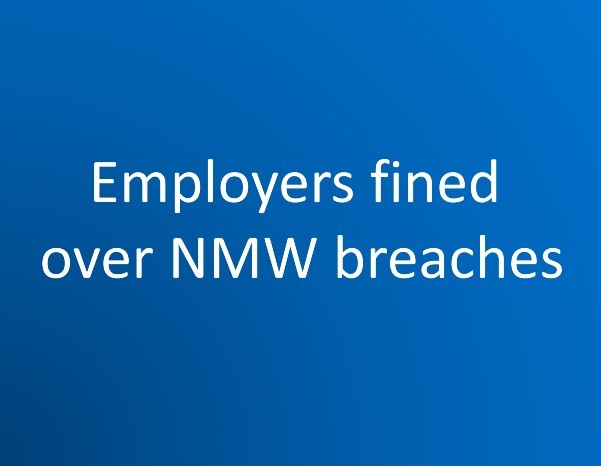.png)
The government’s decision to remove the preferential tax treatment from Furnished Holiday Lettings from 1 April 2025 has led to property landlords considering whether they should incorporate their businesses. If an individual transfers their business to a limited company, incorporation relief may be available. However, it may be difficult to demonstrate that the activity constitutes a ‘business’.
What is incorporation relief?
If an individual (either a sole trader or in a partnership) transfers their business to a limited company, this is a ‘disposal’ for capital gains tax (CGT) purposes. Incorporation relief allows the individual to delay paying CGT by ‘rolling over’ the gain. This only applies when the individual receives shares in exchange for the business; incorporation relief does not apply to any proportion of the business exchanged for cash.
As an example, an individual incorporates his business and receives 1,000 shares in the new company and £20,000 cash. The market value of the business on incorporation was £100,000 and the chargeable gain that would have arisen without incorporation relief would have been £60,000.
The market value of each share would be £80. The part of the gain relating to shares is £48,000 (80% of £60,000); this part can be rolled over.
When he eventually disposes his shares in the company, their base cost will be £80,000 less the rolled over gain of £48,000, so £32,000.
On incorporation, the individual is liable to CGT on the cash portion of the gain: £60,000 less £48,000 = £12,000.
Could a property business qualify for incorporation relief?
Yes, it could. CGT legislation does not define ‘business’, nor does it define the difference between a business and a passive investment. To obtain incorporation relief, landlords should be able to demonstrate that they actively manage their portfolio. HMRC also consider the size of the property portfolio to be a key factor.
The Ramsay case
In 2013, the UK Upper Tribunal heard an appeal regarding the eligibility of a property letting business for incorporation relief (Elizabeth Moyne Ramsay v HMRC [2013] UKUT 0226). Mrs Ramsay’s case had previously been heard by the First Tier Tribunal, which had ruled that her property letting business was not a business for incorporation relief purposes.
Mrs Ramsay owned and managed a small apartment building and spent around 20 hours per week maintaining the building and dealing with potential and existing tenants.
The Upper Tribunal found that the First Tier Tribunal had erred by considering case law that was not relevant to the matter in hand. It was found that for CGT purposes, the word ‘business’ has a very broad meaning and that the Tribunal should consider whether Mrs Ramsay’s activities were:
- A serious undertaking or operation that is earnestly pursued;
- Actively pursued with recognisable continuity;
- Of substance in terms of turnover;
- Conducted in a regular manner on sound and recognised business principles; and
- Of a kind commonly made by those who seek to profit from them.
On this basis, the Tribunal found that Mrs Ramsay’s activities amounted to more than would normally be expected of a passive investor, so she was running a business for the purposes of CGT and was therefore entitled to incorporation relief.
Further information
HMRC’s overview of incorporation relief can be read here: https://www.gov.uk/incorporation-relief
The Upper Tribunal ruling referred to in this factsheet can be viewed here: http://taxandchancery_ut.decisions.tribunals.gov.uk/Documents/decisions/Elisabeth_Moyne_Ramsay_v_HMRC.pdf
The information provided in this blog is for general informational purposes only and should not be considered professional advice. As far as we are aware, the content is accurate at time of publication. Torgersens assumes no responsibility for errors or omissions in the content or for any actions taken based on the information provided.


.jpg)

.png)



